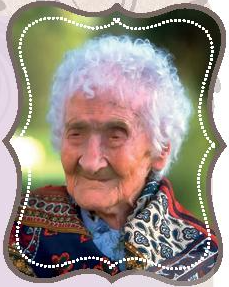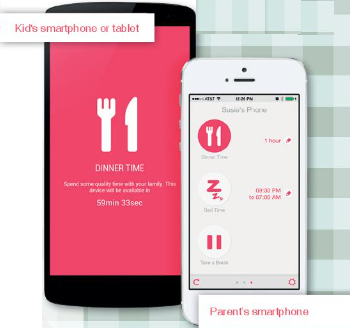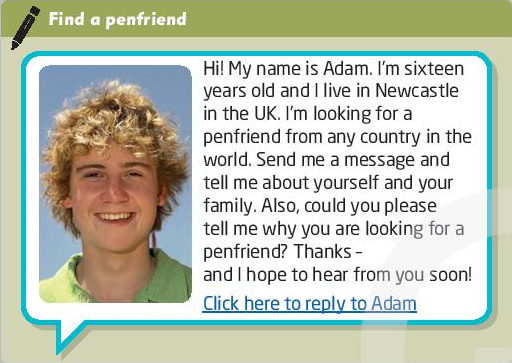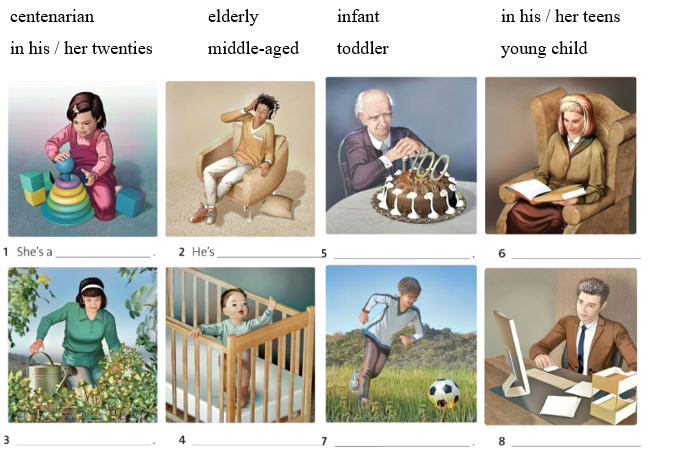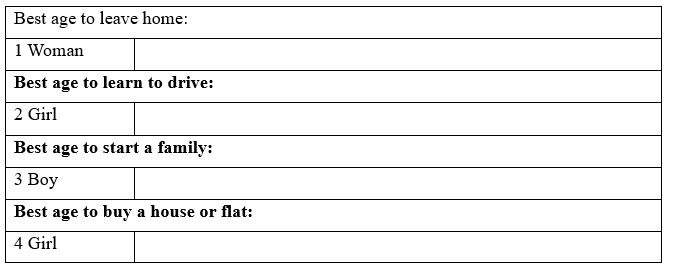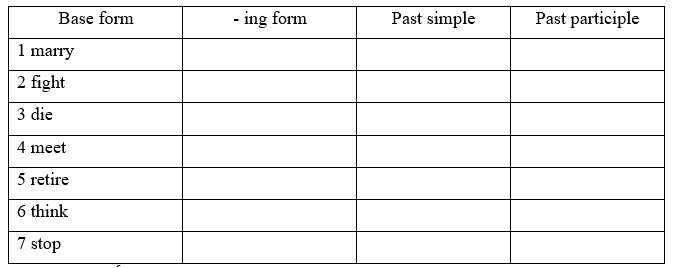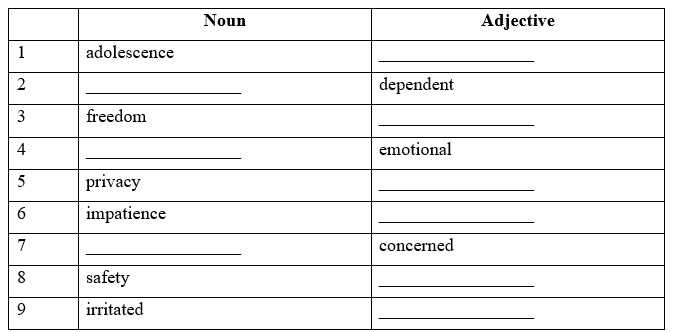Giải SGK, SBT Unit 1. Generations Friends Global
Giải SGK, SBT Unit 1 Friends Global
2. VOCABULARY Number the stages of life in order that people reach them. Then listen and check.
(Đánh số các giai đoạn của cuộc đời theo thứ tự mà mọi người đạt được chúng. Sau đó nghe và kiểm tra.)
Stage of life
|
be an adult |
be a centenarian |
be an infant |
|
be a toddler |
be a young child |
be elderly |
|
be in your teens |
be in your twenties |
be middle – aged |
4. VOCABULARY Check the meaning of the life events below. At what age are they most likely to happen, do you think? Put them in groups A – E. Compare your answers with your partner’s. Do you agree?
(Kiểm tra ý nghĩa của các sự kiện cuộc sống dưới đây. Theo bạn, chúng có nhiều khả năng xảy ra nhất ở độ tuổi nào? Xếp chúng vào nhóm A – E. So sánh câu trả lời của bạn với câu trả lời của bạn bạn. Bạn có đồng ý không?)
Life events
|
be born |
be brought up (by) |
become a grandparent |
buy a house or flat |
emigrate |
|
get divorced |
get engaged |
get married |
get your first job |
go to university |
|
have a change of career |
inherit (money, a house, etc.) |
learn to drive |
leave home |
leave school |
|
pass away |
retire |
settle down |
split up |
start a business |
|
start school |
fall in love |
grow up |
move (house) |
start a family |
A. Before you are 20______________________________________________
B. From 20 to 40_________________________________________________
C. From 40 to 60_________________________________________________
D. Over 60______________________________________________________
E. At any age____________________________________________________
6. Complete the sentences with the past simple form of the verbs below. Then listen again and check.
(Hoàn thành các câu với dạng quá khứ đơn của các động từ dưới đây. Sau đó nghe lại và kiểm tra.)
|
be |
buy |
emigrate |
fall |
get |
get |
start |
|
grow up |
leave |
move |
not go |
not leave |
not retire |
|
1. My grandparents______________from Pakistan in the 1960s.
2. She______________home until last summer, when she______________married.
3. I ______________In the village where my family has lived for generations.
4. They managed to save quite a bit of money and eventually______________a small farmhouse with some land.
5. They ______________in love, ______________engaged after a week and were married a month later.
6. I ______________brought up by my mom after she______________back to the UK.
7. They ______________school at 16 and ______________to university.
8. They ______________a successful business and______________until they were in their seventies.
3. Complete the Learn this! box with the tenses below. Then underline an example of each of the rules (a-d) in the text in exercise 2.
(Hoàn thành phần khung Learn this! với các thì bên dưới. Sau đó gạch dưới một ví dụ về mỗi quy tắc (a-d) trong văn bản ở bài tập 2.)
past continuous past perfect past simple
|
LEARN THIS! Past tenses. a. We use the 1_____________ for a sequence of events that happened one after another. In 1989, my parents met, fell in love and got married. b. We use the 2_____________to describe a scene in the past. The events were in progress at the same time. It was raining and people were rushing home from work. c. We use the 3_____________for a single event that interrupted a longer event in the past. We use the 4_____________for the longer event. My parents got engaged while they were living in Wales. d. We use the 5_____________for an event that happened before another event in the past. He had started a business before he left school. |
3. VOCABULARY Work In pairs. Check the meaning of the adjectives below. Which describe a positive attitude? Which describe a negative attitude?
(Làm việc theo cặp. Kiểm tra ý nghĩa của các tính từ dưới đây. Cái nào mô tả một thái độ tích cực? Cái nào mô tả một thái độ tiêu cực?)
Attitude (adjectives)
|
accusing |
aggressive |
arrogant |
calm |
complimentary |
|
enthusiastic |
miserable |
nostalgic |
optimistic |
pessimistic |
|
sympathetic |
urgent |
grateful |
bitter |
sarcastic |
4. Read the Listening Strategy. Then listen and underline the adjective which best matches the speaker's attitude. Use their tone of voice to help you.
(Đọc Chiến lược nghe. Sau đó lắng nghe và gạch dưới tính từ phù hợp nhất với thái độ của người nói. Sử dụng giọng điệu của họ để giúp bạn.)
1. arrogant / pessimistic / confident
(kiêu ngạo / bi quan / tự tin)
2. aggressive / miserable / sarcastic
(hung hăng / đau khổ / mỉa mai)
3. calm / complimentary / optimistic
(bình tĩnh / ca ngợi / lạc quan)
4. accusing / enthusiastic / sympathetic
(buộc tội / nhiệt tình / thông cảm)
|
Listening Strategy (Chiến lược nghe) Sometimes, the words alone do not fully express the speaker's intention. You need to pay attention to the tone of voice as well. For example, an urgent tone of voice suggests that the speaker is giving a warning. (Đôi khi, các từ một mình không thể hiện đầy đủ ý định của người nói. Bạn cũng cần chú ý đến giọng điệu. Ví dụ, giọng điệu khẩn cấp cho thấy người nói đang đưa ra lời cảnh báo.) |
3. Complete the dialogue with the correct form of used to and the verbs below.
(Hoàn thành đoạn hội thoại với dạng đúng của used to và các động từ bên dưới.)
|
be |
do |
go |
live |
|
not have |
not pay |
wait |
|
Mum: I 1__________ opposite the Palace Cinema when I was ten.
Alice: 2__________ you __________ there often?
Mum: Yes. But we 3__________. It wasn’t our fault – we 4__________any money for tickets.
Alice: So how did you get in?
Mum: We 5__________ outside the fire exit and run in when somebody opened it!
Alice: I can’t believe you 6__________ that! You’re always telling me how important it is to be honest!
Mum: Well, yes. I 7__________very naughty, but I grew out of it.
8. SPEAKING Find out more about your partner’s childhood. Use the correct form of used to. What did he or she use to.
(Tìm hiểu thêm về thời thơ ấu của đối tác của bạn. Sử dụng hình thức đúng của used to. Anh ấy hoặc cô ấy đã từng)
|
have for breakfast? (ăn sáng với gì?) |
watch on TV? (xem gì trên TV?) |
wear to school? (mặc gì đến trường?) |
|
enjoy playing? (thích chơi gì?) |
do at weekends? (làm vào cuối tuần?) |
your ideas (ý tưởng của em) |
3. Read the task and the message below. Does Vinh provide all of the information that Adam asks for? What does Vinh ask for more information about?
(Đọc nhiệm vụ và thông báo dưới đây. Vinh có cung cấp đầy đủ thông tin mà Adam yêu cầu không? Vinh hỏi thêm thông tin về cái gì?)
|
You have seen this advertisement on a website for international penfriends. Write a message in reply and provide the information Adam asks for. Include a request for information in your message. |
|
Find a penfriend Hi! My name's Vinh and I'm from Viet Nam. I'm fifteen years old and live in Ho Chi Minh City with my parents and my younger sister. I'm into football, and my sister's mad about pop music. I'd like to have an English penfriend because I'm studying English at school and would like to visit England one day. Would you mind telling me more about Newcastle? I know it's got a famous football team, but that's all! Do you enjoy living there? |
7. Match sentences 1-5 with sentences a-e. Think of other ways that extra detail or information could be added to sentences 1-5.
(Nối câu 1-5 với câu a-e. Hãy nghĩ ra những cách khác để thêm chi tiết hoặc thông tin vào câu 1-5.)
|
1. I go to Harford Community College. (Tôi học ở trường Cao đẳng Cộng đồng Harford.) 2. I've got two brothers. (Tôi có hai anh em trai.) 3. We moved to a house outside town last month. (Chúng tôi đã chuyển đến một ngôi nhà bên ngoài thị trấn vào tháng trước.) 4. My name's Huy and I'm seventeen years old. (Tôi tên là Huy và tôi mười bảy tuổi.) 5. Would you mind if I visited you in August? (Bạn có phiền không nếu tôi đến thăm bạn vào tháng 8?) |
a. I live in Ninh Binh with my parents and my sister. (Tôi sống ở Ninh Bình với bố mẹ và em gái tôi.) b. I'm doing my A-levels. (Tôi đang học cấp độ A.) c. We needed more space. (Chúng tôi cần thêm không gian.) d. I'd really like to meet you and your family. (Tôi thực sự muốn gặp bạn và gia đình của bạn.) e. One is older than me and one is younger. (Một người lớn tuổi hơn tôi và một người trẻ hơn.) |



